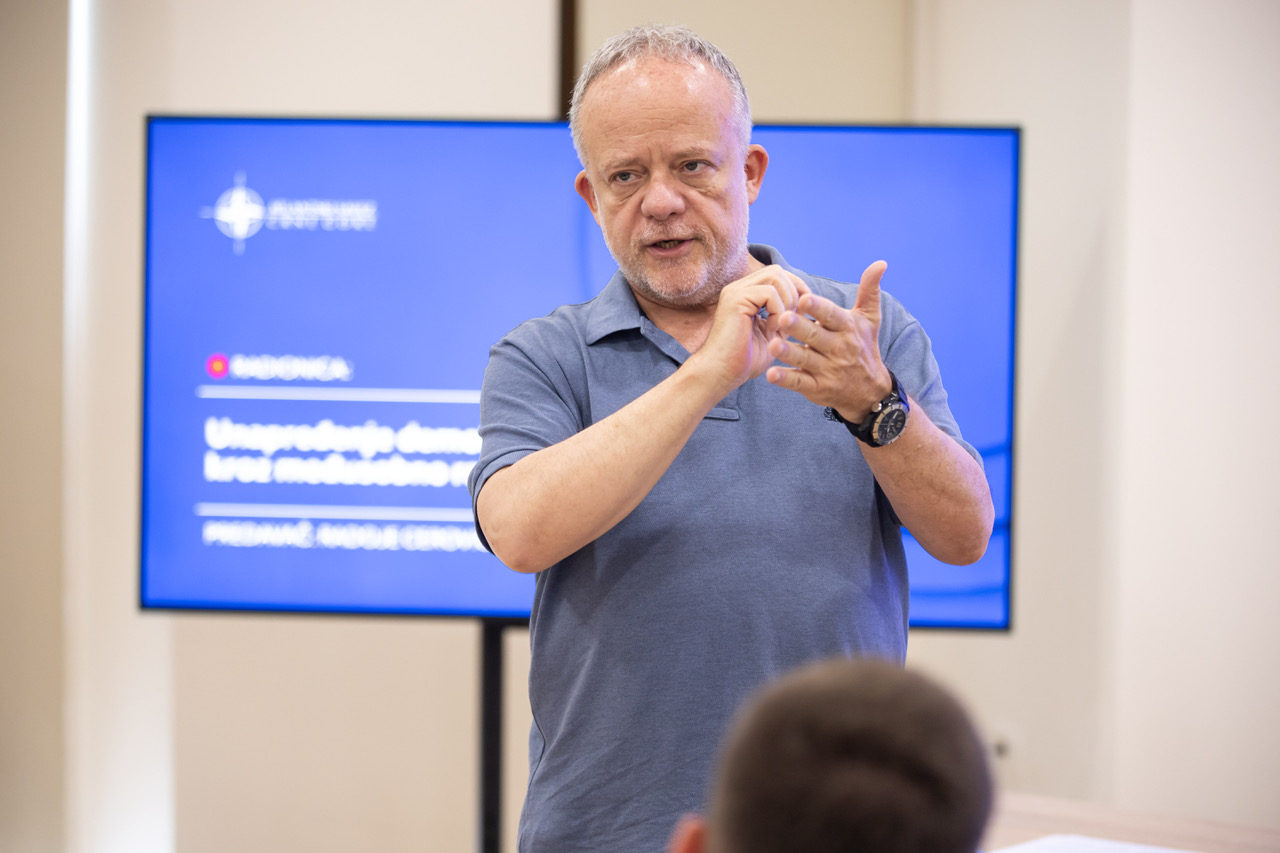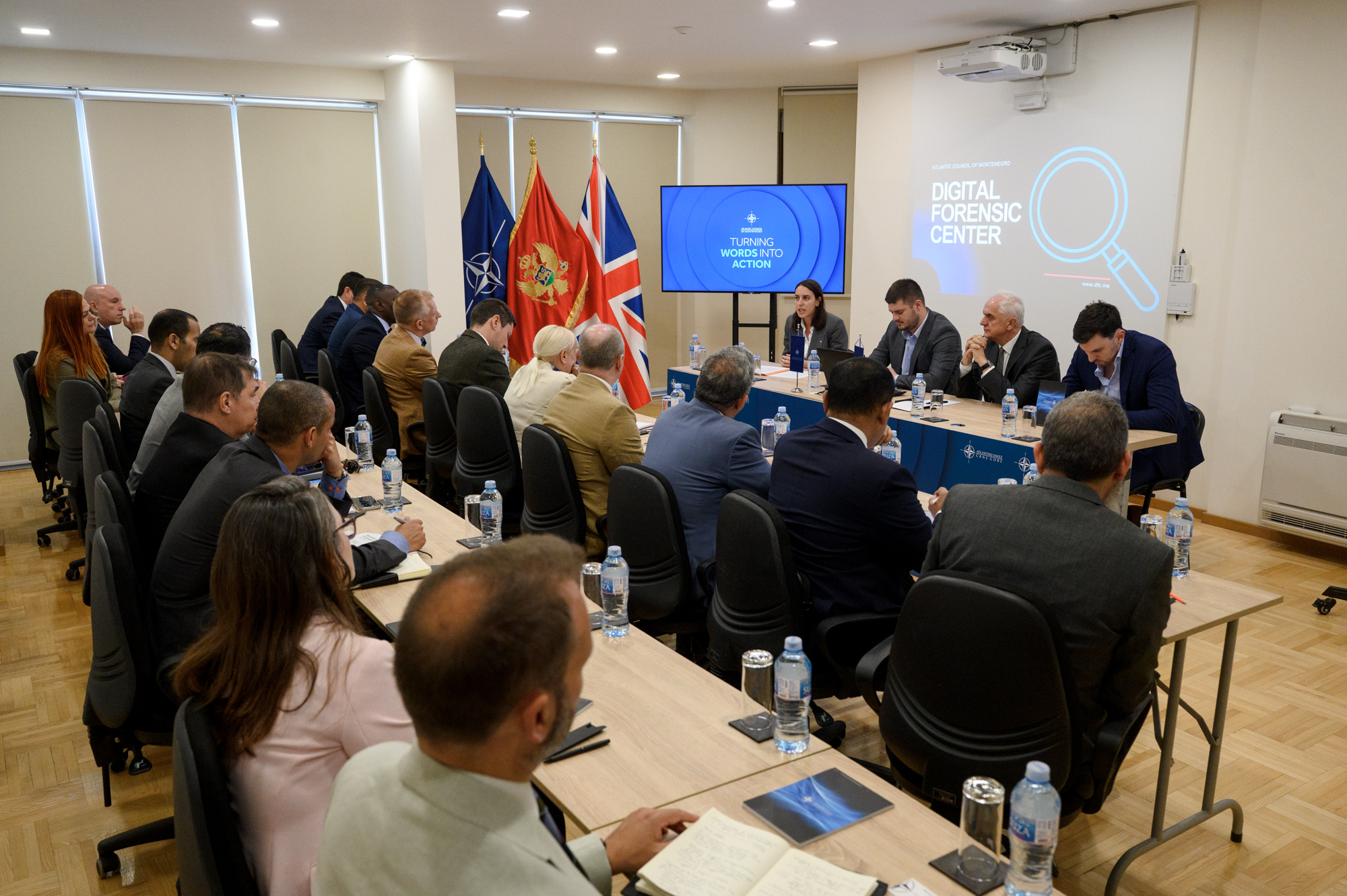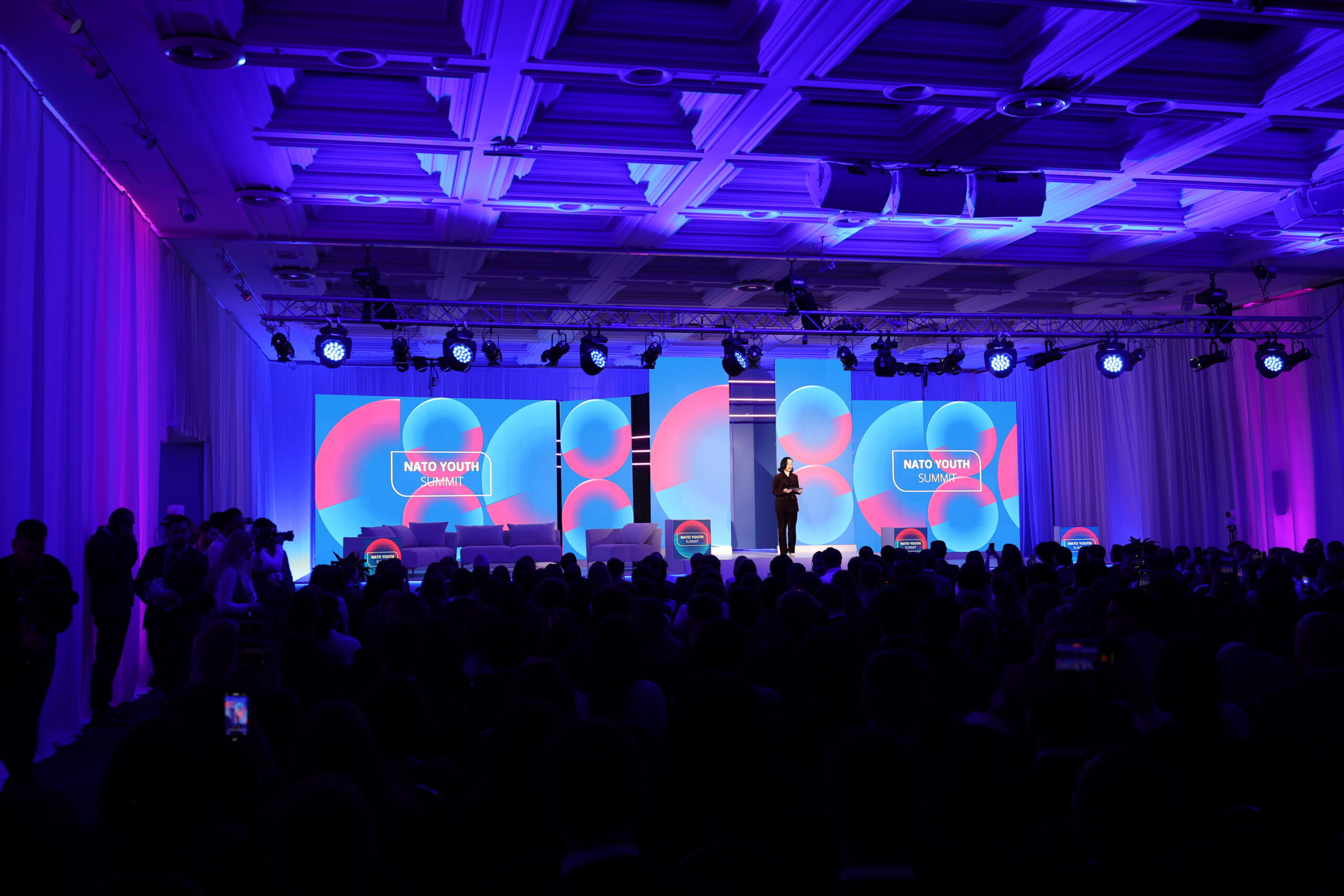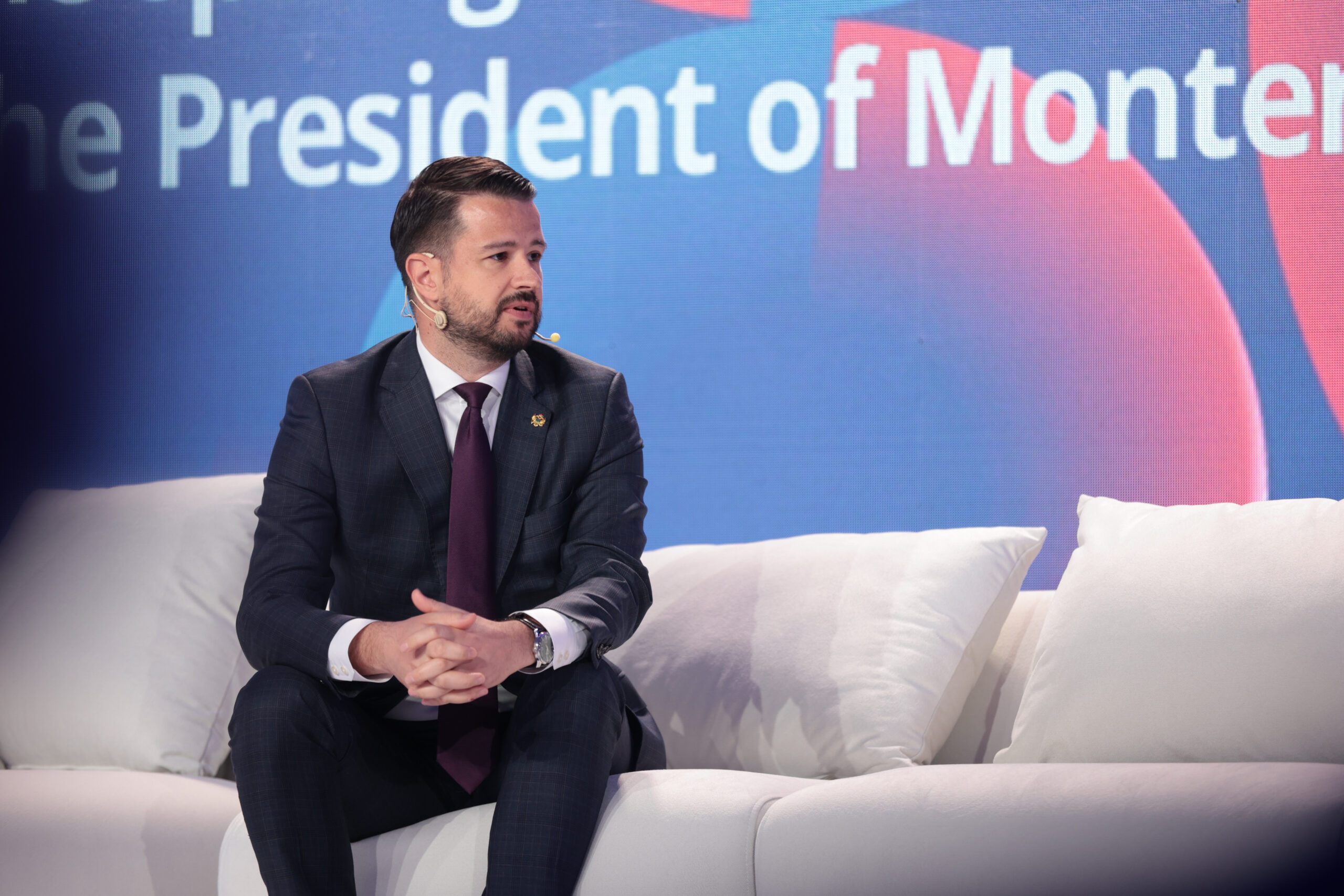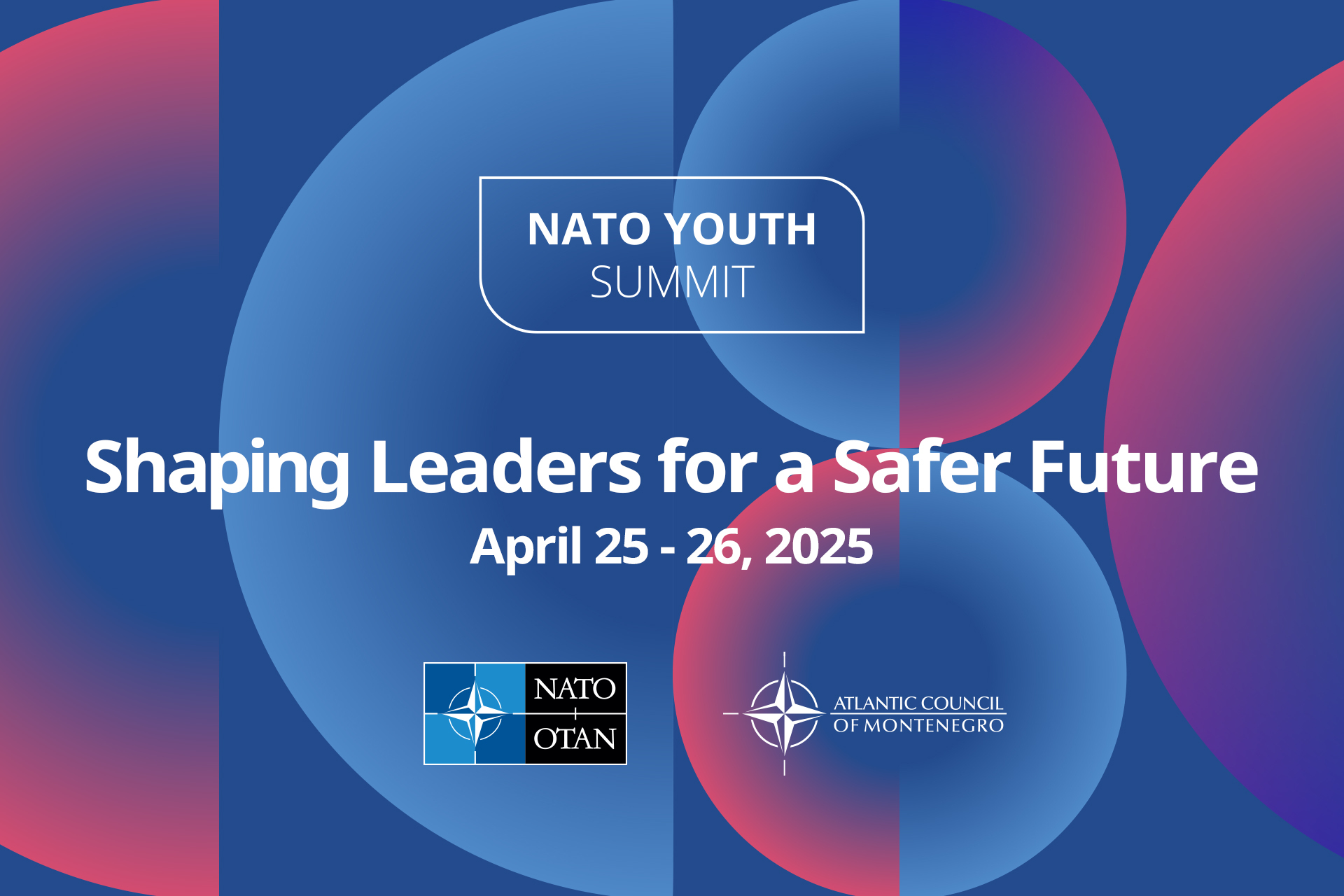Playing with identity divisions means playing with the most explosive human urges, and specific historical conditions make the Balkan region particularly susceptible to such identity fragmentation and violence as a consequence.
This was conveyed at the workshop for representatives of young political parties from Montenegro by communication expert and psychologist Radoje Cerović, who also served as the moderator of the event.
The workshop on the topic of polarization and nationalism in Montenegro, titled “Enhancing Democracy Through Mutual Understanding”, was organized by the Atlantic Council of Montenegro, with support from the National Endowment for Democracy (NED). Representatives from the youth clubs of six Montenegrin parties participated in the workshop, including Europe Now Movement, Democratic Party of Socialists, Democratic Montenegro, Croatian Civic Initiative, Albanian Alternative, and Social Democrats.
During the workshop, participants arrived at a series of insights through a moderated discussion, whose application in everyday political life can positively impact overcoming identity divisions and societal polarization:
- Identity divisions are a simplistic and immature kind of political action, and modern political parties are moving away from identity as the primary mechanism of their political work;
- Identity divisions are based on urges and instincts that we share with our closest evolutionary relatives, and the human component of political work involves overcoming instinct and introducing thoughtful steps in politics;
- Identity politics are inevitable and unavoidable, but focusing on strong identity issues is highly counterproductive for the political and social life of the state;
- The advancement of political systems is linked to reducing two types of societal segmentation:
- Reducing horizontal segmentation, which entails socio-economic stratification
- Reducing vertical segmentation, meaning divisions based on religious, national, ideological, and other criteria, as well as reducing polarization between groups
- Every reduction of these segmentations strengthens the perspective of a society;
- In historical terms, identity identifications are a consequence of power struggles – the longer and more ruthlessly a ruler governed, the stronger the identity trace they left behind.
“Through the prism of psychosocial theory known as “gene-culture coevolution”, young politicians were presented with the “minefield” of human political instinctual urges. Through dialogue, they recognized a series of conscious and unconscious manipulations present in Montenegro’s political life, which divert political dialogue towards an atavistic understanding of politics and activate conflict and dominance mechanisms typical of undeveloped and immature political systems, with a corruptive logic. Through scientific sources, attention was drawn to social processes and mechanisms that can lead society towards a mature democracy and rule of law.”, stated Cerović.
The Atlantic Council of Montenegro, as the event organizer, emphasized the importance of such educational activities that contribute to the development of critical thinking and political maturity among young leaders.
“Our mission is to foster dialogue based on principles of democracy and tolerance and to help build a society that will overcome nationalist narratives and divisions. Through such initiatives, we aim to contribute to the stability and prosperity of Montenegro. Therefore, we believe that it would be constructive if representatives of those political subjects known for strong, often inflammatory, nationalist rhetoric also responded to the invitation and participated in the workshop because it is important to hear different perspectives in order to arrive at a collective response to the growing polarization of Montenegrin society, which could have strong consequences on the new generation of political leaders”, said Azra Karastanović, Executive Director of the Atlantic Council of Montenegro.
This activity is part of a project of the Atlantic Council of Montenegro realizes in collaboration with the National Endowment for Democracy (NED) aimed at bringing the principles of participatory democracy and civic activism, as well as the impact of polarization and nationalism on Montenegrin politics and society, closer to the various actors of the political life of Montenegro.



